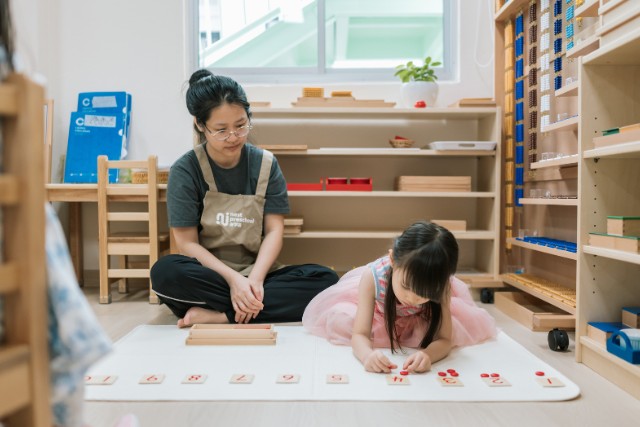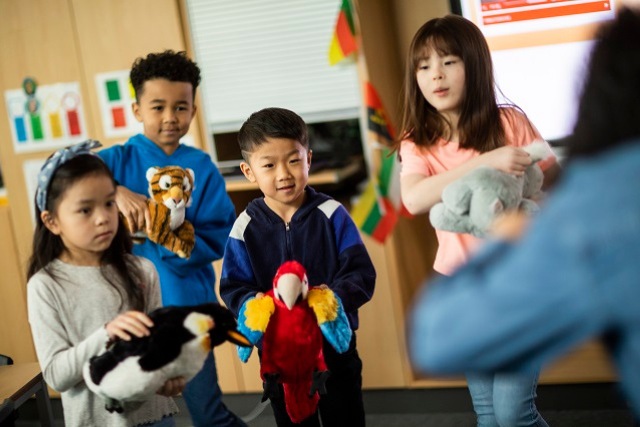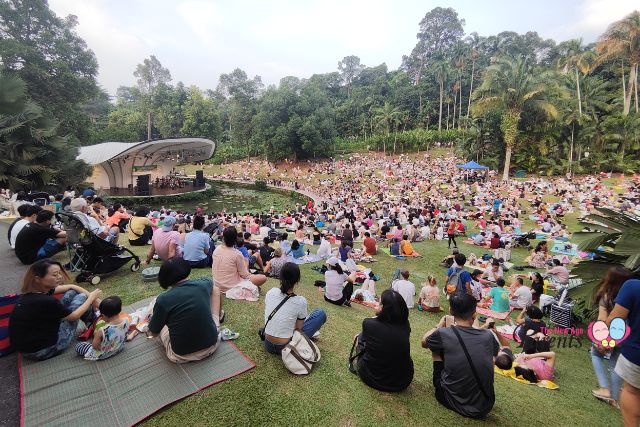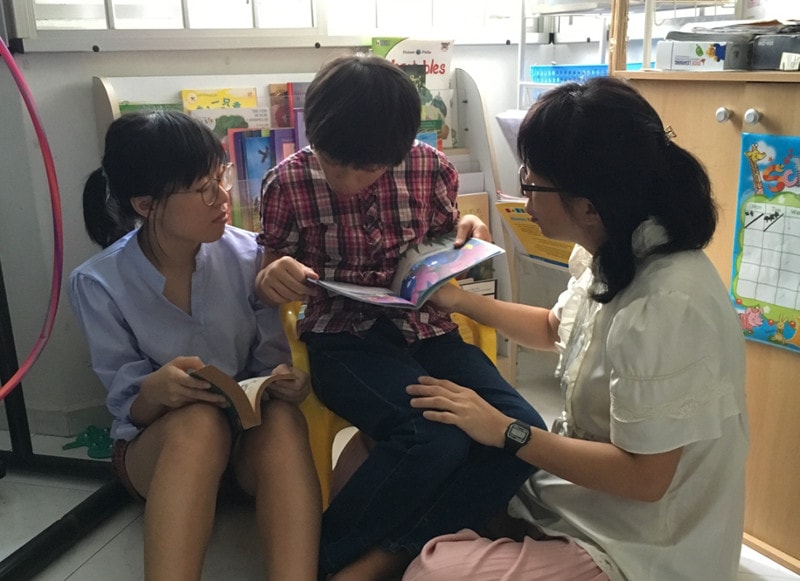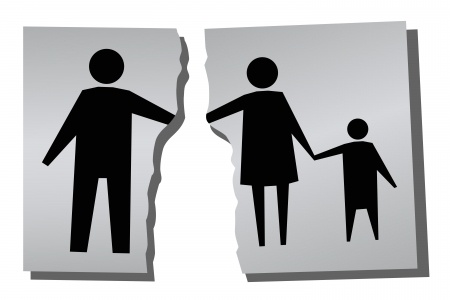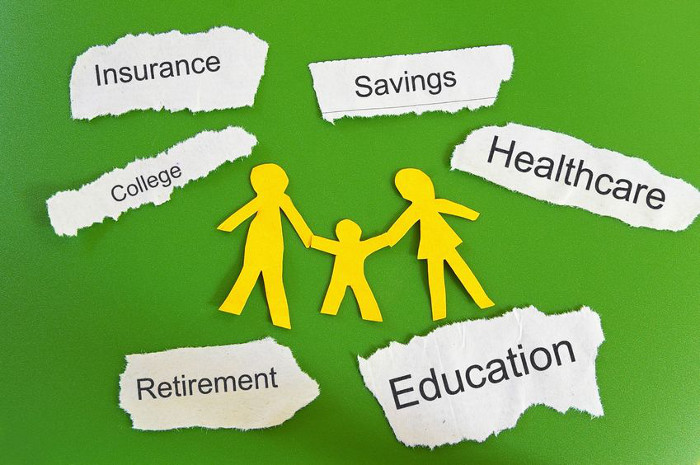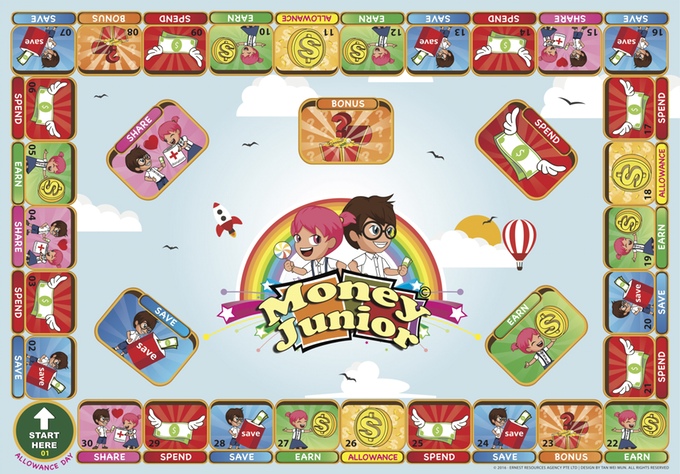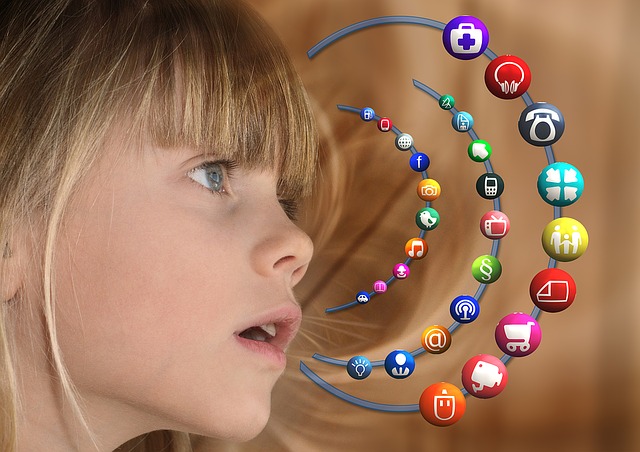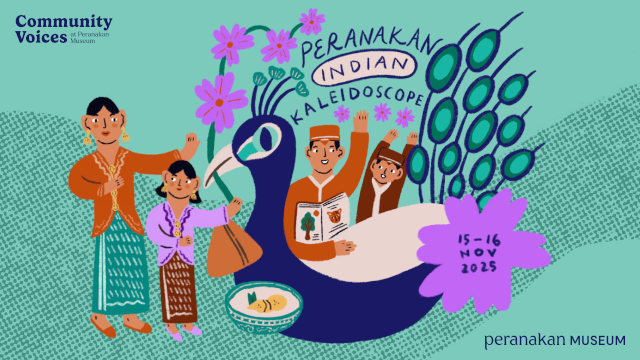Despite the strong influence of globalization and immigration, Singapore is still a relatively conservative society having children born out of the wedlock is not socially acceptable to many. Single parents have debated and fought long and hard for equal rights to various government benefits and policy change.
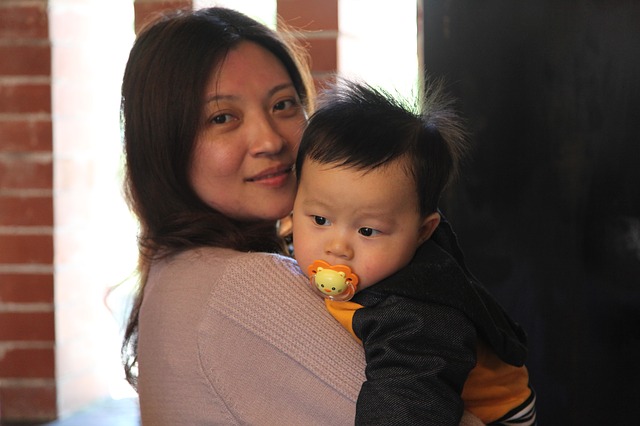
New Policy Changes
In March 2013, the Singapore government announced the extension of childcare and infant care leave to single unwed parents, in a bid to demonstrate support for this oft-marginalized group of society. Starting 1 May 2013, working single parents receive the same benefits as their married counterparts, that being 6 days of unpaid infant childcare leave for children below the age of 2, 6 days of childcare leave a year for children between 2-7 years, and 2 days of leave for those with children aged between 7-12 years.
This move has been warmly welcomed by single parents in Singapore, as well as the various interest groups, such as AWARE, which have been lobbying for equal rights. Increasingly, society in general, and the government, in particular, are realizing that single parents face intense pressure in raising a child on their own, and struggle to juggle work and family – probably more so than their married counterparts.
Single unwed mothers also receive benefits such as subsidies for infant care and childcare, Medisave grants for newborns and levy concessions for foreign domestic help. However, they do not qualify for the Baby Bonus and Parenthood Tax Rebates, and get only 12 weeks of paid maternity leave (while their married counterparts get 16 weeks). The question is whether these benefits should be extended to this group of mums as well. The problem is, it’s a tricky situation.
Cons
While giving such rebates and cash gifts will likely not serve as any sort of incentive for unwed teenage girls to get themselves pregnant, it could send out the wrong message to the younger generation that being a single parent is perfectly fine – i.e. the government’s got you covered. It might signal that the “nuclear family” is no longer the Singaporean ideal of the preferred model of the family unit. There’s also the fear that single parents could milk their children’s worth by seizing the opportunity to get money off the state – in a sense, ‘using’ their children to get these benefits.
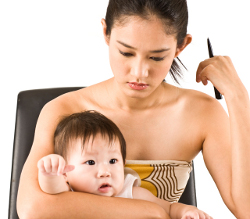
Pros
At the same time, it would be good to recognize that there are many sub-set groups of single mums. There are unwed single mothers, some impregnated by choice, others by force. There are the divorcees. There are widows as well. Among the social work circle, most would argue that single mums definitely need all the help they can get. Already, they and their children face significant social stigma at school, at work, and even in their families. The government can alleviate these burdens by safeguarding these children’s basic needs and giving them a fair chance to make it in life.
What All Mothers Want
All that most single mums want is to ensure the well-being of their children, regardless of their marital status. Perhaps the issue shouldn’t be about whether giving benefits to single parents sends a confusing message out to our young people today. Let’s tackle these two issues separately, instead of lumping them together. Let’s give single parents the help, financial and otherwise that they want and need, and still uphold the traditional notion of the family via other means, such as school curriculum and values portrayed in the media.
Then again, even the concept of what constitutes a “proper family” is fast evolving in our country today.
And that is a whole other debate of its own…
By Dorothea Chow
What are your views and thoughts? Share them with us below!
If you find this article useful, do click Like and Share at the bottom of the post, thank you.
Want more comprehensive info? Check out our e-guides here.












